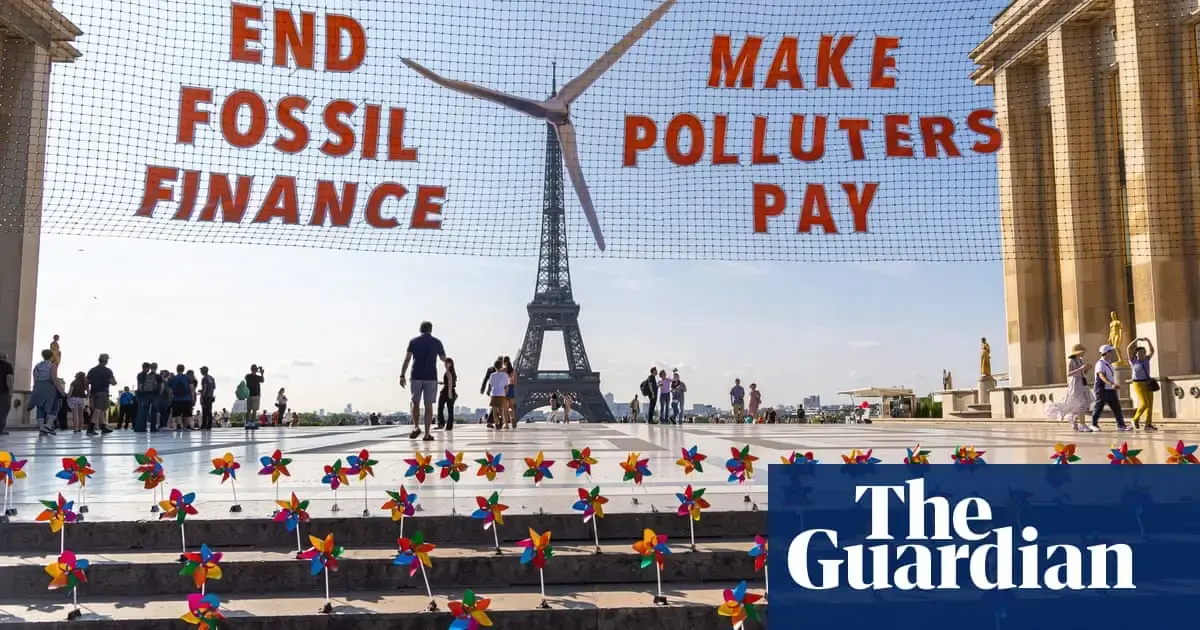Carbon Bombs are the 425 biggest fossil fuel extraction projects in the world.
“Financial institutions everywhere must end lending, underwriting and investments in coal anywhere – including new coal infrastructure, power plants and mines.” - Antonio Guterres, U.N. Secretary General
Guardian 2022: 195 Carbon Bombs
LeMonde: 422 Carbon Bombs, 128 in Planning
ScienceDirect: 425 Carbon Bombs
Each has a lifetime emissions potential of a gigaton of CO2 Total is 4 times the current global climate change reduction target.
France has the most capital funding for Carbon Bomb projects. France is funding an unbelievable number of these projects, many of which will be built and operated in the global south. Of these 425, only 128 are still in the planning or building stage, and not currently operating.
Valerie Masson-Delmotte: “Fossil fuel companies and banks have implemented a cynical strategy,”
Valerie Masson-Delmotte a climate scientist at CEA Paris-Saclay who worked on the most recent Intergovernmental Panel on Climate Change. IPCC Index
Despite an aim to become carbon neutral by 2050, she said, they were “acting now to increase the use of fossil fuels…"
🤖 I’m a bot that provides automatic summaries for articles:
Click here to see the summary
France is Europe’s biggest supporter of “carbon bomb” extraction projects that hold enough fossil fuels to pump out more than a gigaton of CO2 each, the Guardian can reveal.
The four French banks – BNP Paribas, BPCE Group, Crédite Agricole and Société Générale – together invested $17.8bn in 2022 in companies planning or operating carbon bombs, the research found.
The original database of carbon bomb projects came from a research paper that counted 425 coalmines, oilfields and gasfields with potential lifetime emissions greater than 1 gigaton of CO2.
A spokesperson for BNP Paribas said it had stopped lending to some of the companies on the list, adding that one of the underlying databases contained errors that artificially inflated its figures.
“Just by virtue of their scale, the biggest banks in the world can offer better interest rates,” said Joe Thwaites, a sustainable finance campaigner at Natural Resources Defense Council.
“If you have major financiers refusing to finance fossil fuels, it’s not to say that the extraction companies won’t be able to find other sources, but they may have to pay a premium.
Saved 85% of original text.




